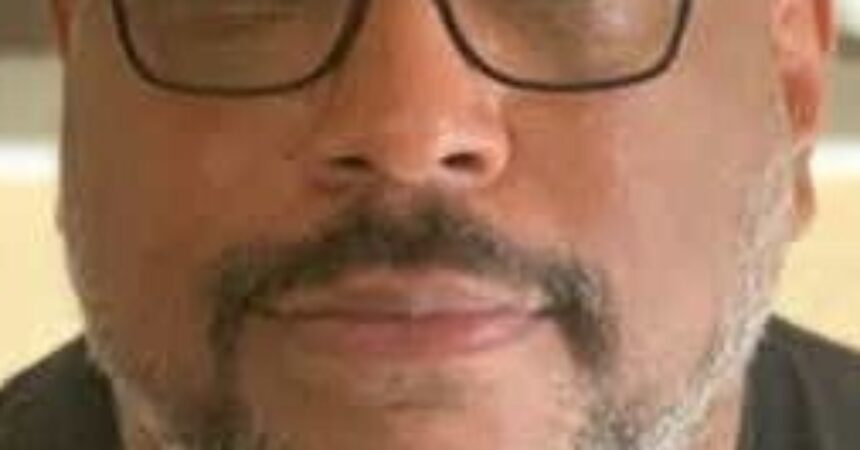
A Rabbi, a priest, and a reverend offer perspectives on cannabis use
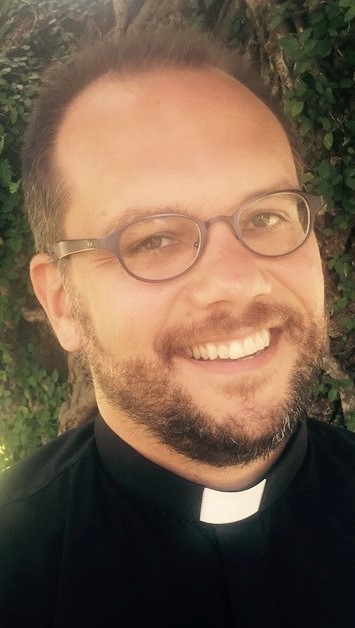
Father Dustin Feddon 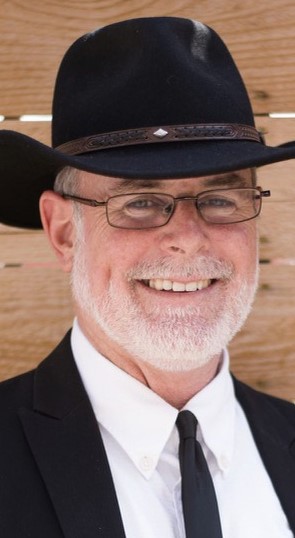
Rabbi Yaakov Cohen
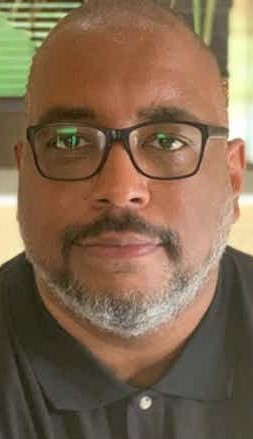
Rev. Dr. Lenny Marshall 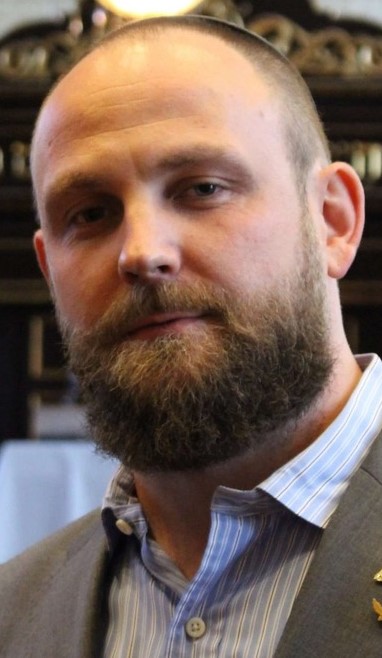
Ben Temer
Editor’s note: This commentary is provided by the Medical Marijuana Education and Research Initiative (MMERI) of Florida A&M University.
Use of the cannabis plant as an herbal remedy and psychoactive drug was documented by ancient civilizations, but whether it was mentioned in the Bible has been a matter of speculation and religious perspective.
This was the topic of discussion when three faith leaders and a layperson participated in a forum hosted by MMERI to discuss their views on cannabis as they relate to theology, medicinal and recreational uses, criminal persecution, and other points of interest.
Rabbi Yaakov Cohen, lives in Israel and is the founder of Whole Kosher Services. He contends that you can find a reference to cannabis in the Bible if you’re reading the Old Testament or Torah, and you know the Hebrew language. He says The Book of Leviticus, 30:20-24, mentions an herb called Q’aneh-Bosm (also translated as Kaneh-Bosm).
“Q’aneh-Bosm is the hemp plant that was used in anointing the oil of the temple vessels, the king and the high priest,” said Rabbi Cohen, adding that if you say the word quickly it sounds like cannabis. Herbs, the rabbi explained, are God’s gift of healing.
“We see that this herb that was once put down by so many in terms of the leadership of the government has now become a leading herb in terms of its ability to heal,” Rabbi Cohen said, referring to medical marijuana, a legal substance in Florida.
Father Dustin Feddon, pastor of two parishes in the Diocese of Pensacola-Tallahassee, said 12th century mystic St. Hildegard of Bingen, was considered “one of our doctors of the church.” He says, ‘she was very much a believer that all of God’s creation, especially plants and herbs, can be used for the health and wellbeing of all of God’s creation and humanity.”
Offering another faith-based perspective was The Rev. Dr. Lenny C.K. Marshall, pastor of St. Phillips AME Church in Tallahassee. He referred to the New Testament, 1 Corinthians 6:12, where it says, “that while everything is permissible for me, not everything is beneficial and I will not be mastered by anything.”
He said, “so, while there may be medical benefits to the use of marijuana and maybe people find benefit whether it’s for healing or recreational use, (it) ultimately comes down to the individual’s right to have the choice as to what they will use.”
While each cleric provided unique views on cannabis, they held the same beliefs on the matter of legal vs. illegal use: All laws governing cannabis use — medicinally or recreationally — must be obeyed. The trio also characterized the criminalization of marijuana as an orchestrated attempt to persecute people of color.
However, Ben Temer said his own experience as a White teen arrested for possession gave him a different view of the enforcement of marijuana laws. Mr. Temer is the founder of the nonprofit The International Jewish Cannabis Association, a South Florida-based group that seeks to educate the Jewish community on the benefits of cannabis.
“They don’t care about the color. They don’t care about your background. They don’t care about who you are or what you’re doing,” he said, referring to the criminal justice system. What it comes down to, he said, is whether you have the resources to fight the legal system.
“You may get in trouble for the use of marijuana regardless of the color of your skin,” responded Rev. Marshall, “but the numbers in Black communities are way higher for the use of the substance.”
The topic of incarceration is one Father Feddon knows all too well as the executive director of Joseph House in Tallahassee, which he describes as “a community of the formerly incarcerated.”
“I know many, many men that are sitting in cells right now for the discovery of marijuana in their car, and then that leads to an escalation of other things. What I have seen is that one, it is unjust, no matter if it’s the law or not. Martin Luther King Jr. has taught us that we can have unjust laws. There is no justice in criminalizing addictions and the use of alcohol or drugs.”
It will take education, Rabbi Cohen and Mr. Temer injected, to change long-held negative beliefs about marijuana.
Rabbi Cohen said educating people will help show that cannabis is not an evil drug.
“It has a lot of uses. Once we put it into that perspective that’ll be the beginning of the redemption of the world,” he said.
Check YouTube to watch MMERI’s Conversations on Cannabis Virtual Forum featuring Reverend Dr. Lenny Marshall (Pastor of St. Philip AME Church), Rabbi Yaakov Cohen, (CEO of Whole Kosher Services), Father Dustin Feddon (Priest in the Diocese of Pensacola-Tallahassee and the Executive Director of Joseph House), and Ben Temer (Founder of International Jewish Cannabis Association). Visit MMERI’s website at http://mmeri.famu.edu.







